- Home
- About
- Hospitals
-
Treatments
- Orthopedic & Spine
- Knee Replacement
- Carpal Tunnel Release
- Rotator Cuff Repair
- Meniscus Repair / Meniscectomy
- Total Hip Replacement (THR)
- Total Shoulder Replacement
- Arthroscopy
- Ligament Reconstruction
- Spinal Fusion
- Discectomy
- Laminectomy
- Spinal Decompression
- Vertebroplasty and Kyphoplasty
- Fracture Repair
- ACL Reconstruction
- Tendon Repair
- Osteotomy
- Amputation
- Pediatric and Adult Cardiac
- Neuroscience
- Oncology
- Nephrology & KTP
- Gastroenterology & Hepatobiliary
- Obstetrics and Gynaecology
- Infertility
- Dental & Maxillofacial
- Plastic & Cosmetic Surgery
- Rhinoplasty
- Blepharoplasty (Eyelid Surgery)
- Facelift (Rhytidectomy)
- Breast Augmentation (Mammoplasty)
- Breast Reduction (Mammoplasty)
- Breast Lift (Mastopexy)
- Liposuction
- Abdominoplasty (Tummy Tuck)
- Brazilian Butt Lift (BBL)
- Lip Augmentation
- Breast Reconstruction
- Cleft Lip and Palate Repair
- Scar Revision
- Burn Reconstruction
- Botox Injection
- Ophthalmology
- Otolaryngology (ENT)
- Endocrinology
- General and Minimal Invasive Surgery
- Pulmonology
- Rheumatology
- Urology
- General Medicine
- Ayurvedic Treatment
- Orthopedic & Spine
- Doctors
- Contact Us
Penile Implant Surgery
Penile Implant Surgery, also known as Penile Prosthesis Surgery, is a medical procedure
performed to treat erectile dysfunction (ED) in men who do not respond to other
treatments, such as medication or vacuum erection devices. It involves the
implantation of a device in the penis that allows the patient to achieve an
erection when desired.
Here's an overview of penile implant surgery:
Purpose:
- Treatment for Erectile Dysfunction: The primary purpose of penile implant surgery is to provide a reliable and controllable way for men with ED to achieve an erection. This procedure is considered when other treatments have failed to provide satisfactory results.
Types of Penile Implants: There are two main types of penile implants:
- Inflatable Penile Implants: These implants consist of two inflatable cylinders placed in the penis, a fluid reservoir implanted in the lower abdomen, and a pump placed in the scrotum. The patient can manually pump fluid from the reservoir into the cylinders to create an erection. To deflate the erection, the fluid is returned to the reservoir.
- Malleable or Semi-Rigid Penile Implants: These implants are always firm but can be bent into a position
for sexual activity. They consist of two flexible rods that are implanted
into the penis. The patient manually positions the penis as needed for
intercourse.
Procedure:
- Penile implant surgery is typically performed under anesthesia, either general or regional. The surgeon makes small incisions in the penis and, if necessary, the scrotum and lower abdomen.
- For inflatable implants, the surgeon places the cylinders in the penis, the fluid reservoir in the abdomen, and the pump in the scrotum. For malleable implants, the flexible rods are implanted into the penis.
- The incisions are then closed, and the patient is allowed to recover.
Recovery: Recovery after penile implant surgery may
require some time for the incisions to heal. Patients are usually advised to
avoid sexual activity for a few weeks after the procedure. It's essential to
follow the surgeon's post-operative instructions carefully.
Risks and Complications: Potential
risks and complications of penile implant surgery can include infection, device
malfunction, erosion of the implant through the skin, and changes in sensation.
The devices are designed to be long-lasting, but they may need replacement over
time.
Penile implant surgery is considered an effective treatment for ED when
other options have been unsuccessful. It can significantly improve a man's
quality of life and his ability to engage in sexual activity. However, it is a
major step and should be discussed thoroughly with a urologist or specialist,
who can provide information on the risks, benefits, and alternatives before
proceeding with the surgery.
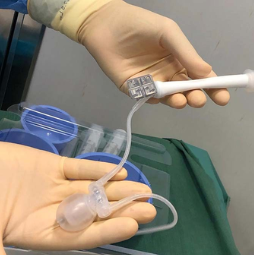


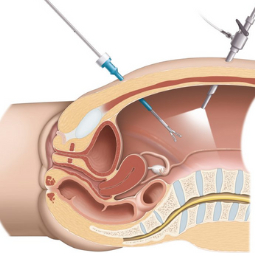

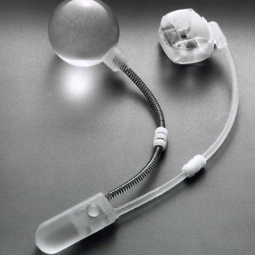
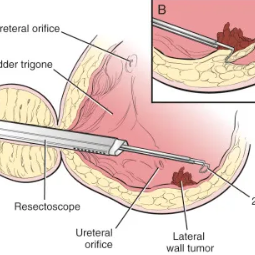
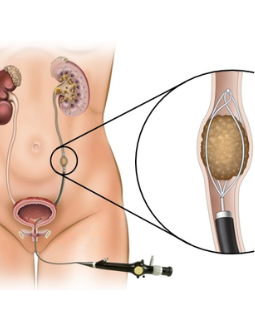
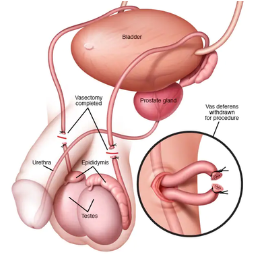
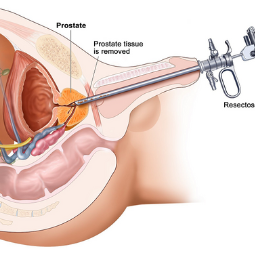
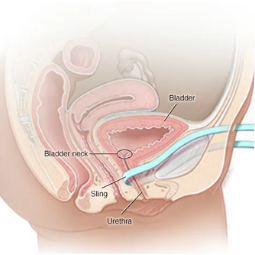
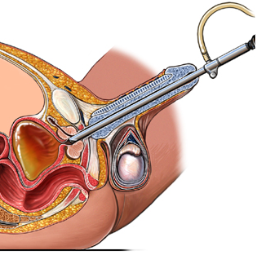

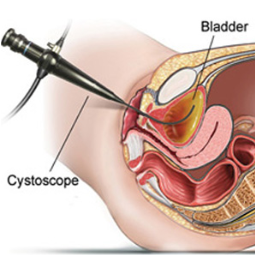
.png)